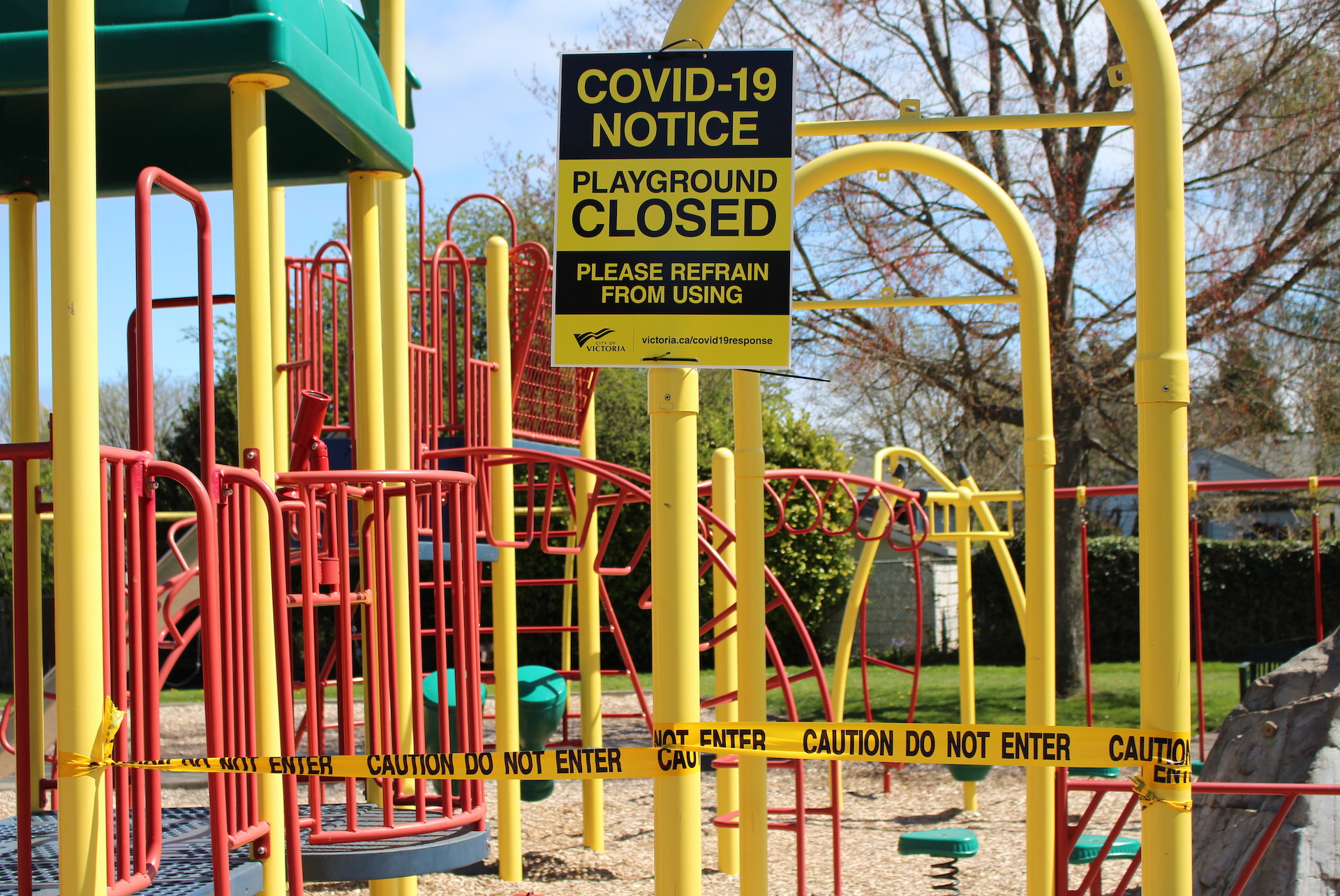Understanding the Physical Literacy Journey: A Qualitative Bioecological Investigation of Children’s Perceptions and Experiences
Abstract
Abstract
Physical literacy is at the center of current childhood physical activity discourse, but many questions remain unanswered. The aim of our investigation was to learn about the physical literacy journey of children from a bioecological perspective. Three physically active boys, aged 10 and 11 participated in individual semi-structured interviews. The goal of the interviews was to learn about the physical literacy journey from the perspective of children. Our analysis revealed that frequent, long-lasting, and varied physical activity was the cornerstone of the participants’ physical literacy journey. The participants’ motivation, confidence, and physical competence and the ongoing reciprocal interactions with their peers and family members at home, in school, and in organized sport settings promoted frequent, long-lasting, and varied physical activity. In the future, childhood physical activity researchers might wish to incorporate bioecological perspectives on human development to further study the variables that shape children’s physical literacy journey.
Keywords: bioecological model; childhood physical activity; physical literacy journey
Downloads
Published
Issue
Section
License
Authors who publish with this journal agree to the following terms:
- Authors retain copyright and grant the journal right of first publication with the work simultaneously licensed under a Creative Commons Attribution-Share Alike 2.5 Canada License that allows others to share the work with an acknowledgement of the work's authorship and initial publication in this journal.
- Authors are able to enter into separate, additional contractual arrangements for the non-exclusive distribution of the journal's published version of the work (e.g., post it to an institutional repository or publish it in a book), with an acknowledgement of its initial publication in this journal.
- Authors are permitted and encouraged to post their work online (e.g., in institutional repositories or on their website) after publication, while providing bibliographic details that credit PHENex (See The Effect of Open Access).


